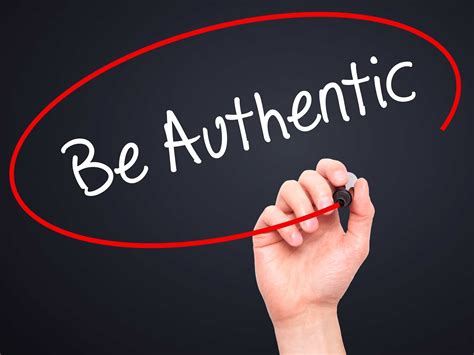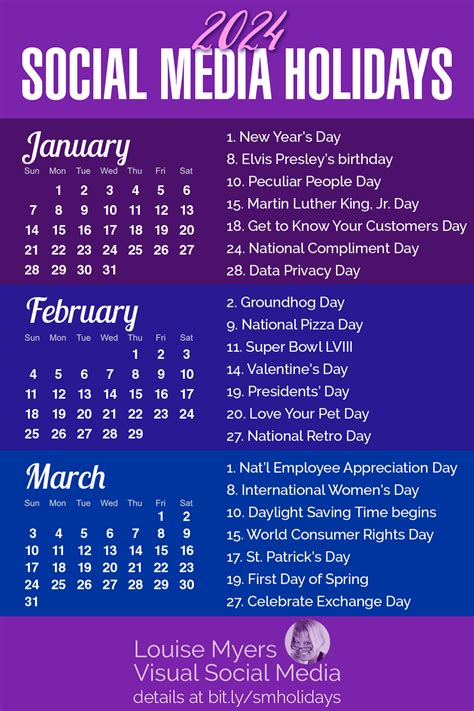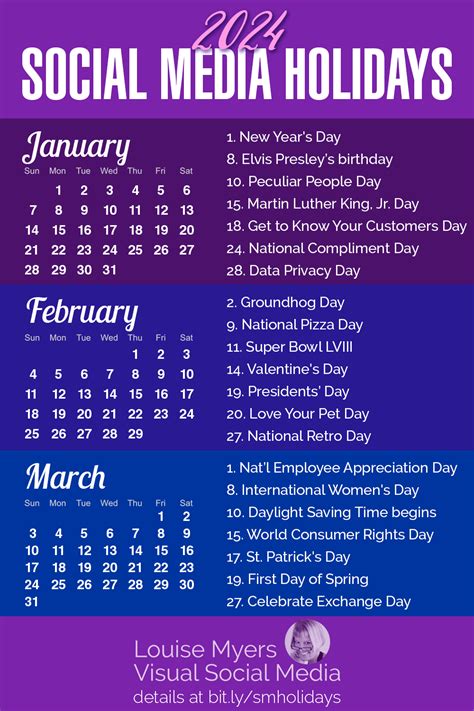Learn about the significance of brand authenticity in social media marketing in 2024. Explore building trust, influencer partnerships, and measuring impact. Gain a competitive advantage.In today’s digital age, social media has become a powerful tool for businesses to connect with their audience. However, in a sea of carefully curated content, brand authenticity has never been more important. As we look ahead to 2024, the significance of genuine and transparent branding will only continue to grow.
In this blog post, we will delve into the concept of brand authenticity and its crucial role in social media marketing. From understanding what it means to be authentic in the digital space to building trust through genuine content, we will explore how authenticity can set your brand apart from the competition. Additionally, we will discuss the impact of authenticity on influencer partnerships and how to measure its effectiveness in your marketing strategy. Join us as we uncover the importance of brand authenticity in the ever-evolving landscape of social media marketing.
Understanding Brand Authenticity
In the world of marketing, brand authenticity has become increasingly important in recent years. Authenticity is about being true to the values and identity of a brand, and it plays a crucial role in establishing a connection with consumers. When a brand is seen as authentic, it can build trust and loyalty among its target audience. This means that brand authenticity is not just a trendy buzzword, but an essential component of successful marketing strategies.
One way to understand brand authenticity is by looking at the way a brand presents itself to the public. Authentic brands are transparent about their values, mission, and practices. They do not try to be something they are not, and they are honest in their communications with consumers. This transparency helps consumers to trust the brand, and trust is a critical element in building long-term relationships with customers.
Furthermore, brand authenticity is crucial because it sets a brand apart from its competitors. In a crowded marketplace, consumers are looking for brands that stand out and resonate with them on a deeper level. Authentic brands are able to achieve this by demonstrating their unique personality and values in a genuine way. This can give them a competitive advantage and make them more memorable to consumers.
| Benefits of Brand Authenticity | Examples of Authentic Brands |
|---|---|
|
|
In conclusion, understanding brand authenticity is essential for marketers who want to create meaningful connections with consumers. By being transparent, honest, and true to their values, brands can build trust, stand out from the competition, and create long-lasting relationships with their target audience.
Building Trust with Authentic Content
Building trust with your audience is crucial in today’s saturated social media landscape. Consumers are bombarded with branded content on a daily basis, and they are increasingly skeptical of marketing messages. In order to truly connect with your audience and build long-lasting relationships, it’s essential to prioritize authenticity in your content.
One way to achieve this is by creating genuine and relatable content that reflects the values and beliefs of your brand. This means being transparent and honest in your messaging, and avoiding deceptive tactics that could erode trust. By consistently delivering content that resonates with your audience, you can establish a reputation as a trustworthy and authentic brand.
Another important aspect of building trust with authentic content is engaging in meaningful conversations with your audience. This involves actively listening to their feedback and responding to their questions and concerns. By showing that you value their input and are willing to address their needs, you can foster a sense of community and loyalty among your followers.
Ultimately, building trust with authentic content is a powerful way to differentiate your brand in a competitive market. By staying true to your values and consistently delivering genuine content, you can stand out from the crowd and cultivate a loyal customer base.
Authenticity as a Competitive Advantage
Authenticity has become a key factor in gaining a competitive advantage in the ever-evolving landscape of social media marketing. In a time where consumers are bombarded with countless marketing messages, it is crucial for brands to stand out by being authentic in their communication. This means being genuine, transparent, and true to their values and promises.
One way that brands can leverage authenticity as a competitive advantage is by creating authentic content that resonates with their target audience. This content should be honest, relatable, and relevant to the needs and desires of the consumers. By doing so, brands can build a stronger connection with their audience, leading to increased loyalty and trust.
Furthermore, authenticity can also give brands an edge in forming influencer partnerships. When brands collaborate with influencers who align with their values and beliefs, it creates a more genuine connection with the audience. This can result in higher engagement and more effective promotion of products or services.
Ultimately, the impact of authenticity can be measured through various metrics such as brand sentiment, engagement rates, and customer satisfaction. Brands that prioritize authenticity in their marketing efforts are likely to see long-term benefits, including improved brand reputation and customer loyalty. In today’s competitive marketing landscape, authenticity is no longer just a buzzword, but a strategic advantage that can set brands apart from the competition.
Authenticity in Influencer Partnerships
When it comes to influencer partnerships, it’s crucial for brands to prioritize authenticity. In today’s social media landscape, consumers are savvier than ever and can quickly detect when an influencer’s endorsement feels forced or inauthentic. Brands that are able to establish genuine connections with their target audience through influencer partnerships are more likely to see long-term success.
One way to ensure authenticity in influencer partnerships is by carefully selecting the right influencers to work with. It’s important to choose influencers who truly align with your brand values and messaging. This means looking beyond just their follower count or reach, and instead focusing on their engagement rates and whether their audience demographic matches your target market.
In addition to selecting the right influencers, it’s essential for brands to provide influencers with the creative freedom to authentically represent the brand. This can mean giving influencers the liberty to create content in their own voice, rather than providing strict guidelines that may stifle their authenticity. By allowing influencers to showcase the brand in a way that feels natural to their audience, brands can foster a deeper sense of trust and credibility.
Overall, prioritizing authenticity in influencer partnerships can lead to more genuine connections with consumers and ultimately drive better results for brands. By working with influencers who genuinely resonate with their audience and allowing them the creative freedom to authentically represent the brand, brands can create impactful partnerships that are built on trust and mutual respect.
Measuring the Impact of Authenticity
Measuring the impact of authenticity is crucial for businesses looking to build trust and loyalty with their audience. One way to do this is by using data analytics to track engagement metrics on social media platforms. By monitoring the number of likes, shares, comments, and overall reach of authentic content, companies can gain valuable insights into the effectiveness of their branding efforts.
Another method of measuring the impact of authenticity is through customer feedback and satisfaction surveys. By asking customers about their perceptions of a brand’s authenticity and how it influences their purchasing decisions, businesses can gather qualitative data to better understand the impact of their authenticity efforts.
Furthermore, businesses can utilize key performance indicators (KPIs) such as customer retention rates and sales conversion rates to gauge the impact of authenticity on their bottom line. By comparing these metrics before and after implementing authenticity-focused strategies, companies can determine the tangible impact of their efforts.
In conclusion, measuring the impact of authenticity is essential for businesses in understanding the effectiveness of their marketing efforts. By utilizing data analytics, customer feedback, and KPIs, companies can gain valuable insights into the influence of authenticity on audience engagement and brand success.
Frequently Asked Questions
What is brand authenticity?
Brand authenticity means being true to the core values and personality of the brand, and being transparent and honest in all communications and actions.
Why is brand authenticity important in social media marketing?
Brand authenticity is important in social media marketing because it helps build trust and credibility with the audience, leading to stronger connections and brand loyalty.
How can brands showcase authenticity on social media?
Brands can showcase authenticity on social media by sharing behind-the-scenes content, engaging in genuine conversations with followers, and acknowledging both the positive and negative feedback openly.
What are the benefits of brand authenticity in social media marketing?
The benefits of brand authenticity in social media marketing include increased customer trust, enhanced brand reputation, and higher engagement and loyalty from the audience.
What are the potential risks of lacking brand authenticity in social media marketing?
The potential risks of lacking brand authenticity in social media marketing include negative customer perception, loss of trust, and damage to the brand’s reputation.
How can brands maintain authenticity while adapting to social media trends?
Brands can maintain authenticity while adapting to social media trends by staying true to their core values and purpose, and aligning any new tactics or strategies with their brand identity.
What are some examples of brands effectively showcasing authenticity on social media?
Some examples of brands effectively showcasing authenticity on social media include Dove’s ‘Real Beauty’ campaign and Patagonia’s environmental activism initiatives.



